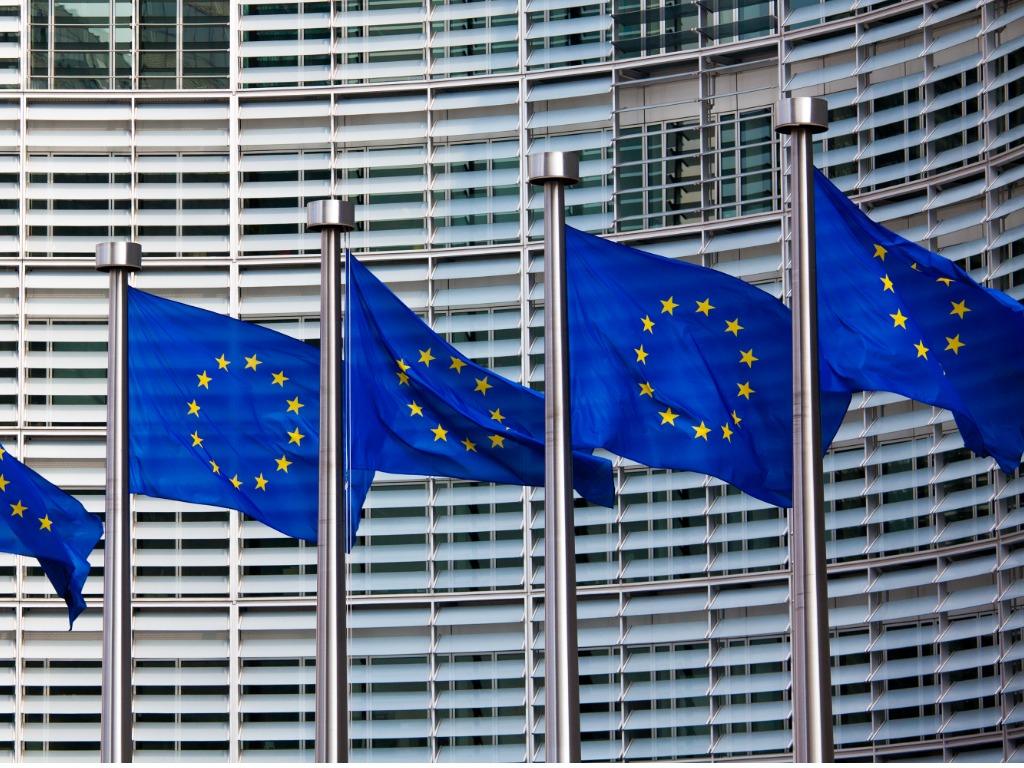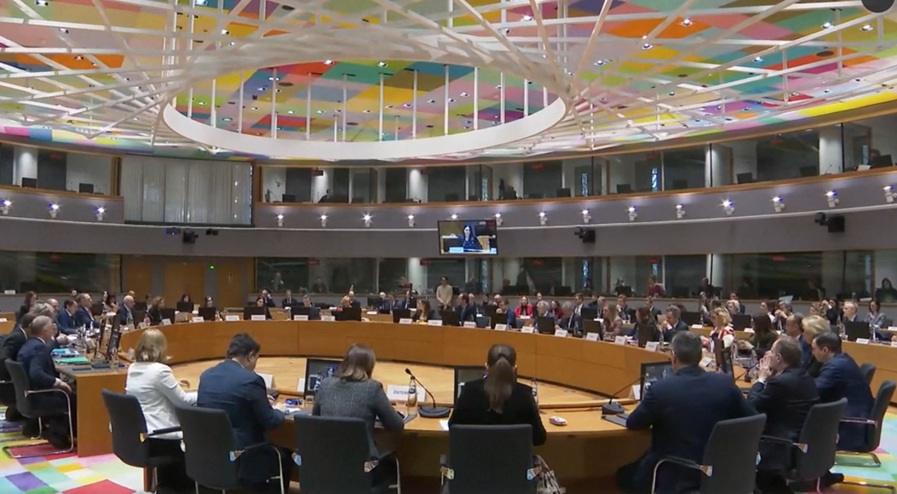EU Ombudsman Launches Inquiry into Commission’s Process to Reduce Sustainability Reporting, Due Diligence Requirements
EU Ombudsman Teresa Anjinho announced that she has opened an inquiry into the process behind the European Commission’s Omnibus proposal to simplify and reduce corporate sustainability reporting and due diligence requirements, following complaints alleging that the Commission failed to meet procedural requirements in preparing the proposals.
The Commission released its Omnibus I package in late February 2025, aimed at significantly reducing the sustainability reporting and regulatory burden on companies, with proposals for major changes to a series of regulations including the Corporate Sustainability Reporting Directive (CSRD), the Corporate Sustainability Due Diligence Directive (CSDDD), as well as the Taxonomy Regulation, and the Carbon Border Adjustment Mechanism (CBAM).
Among the most changes included in the package is a proposal to have the CSRD apply to only companies with more than 1,000 employees and either revenue greater than €50 million net turnover, removing an estimated 80% of companies from the regulation’s sustainability reporting requirements, and for the CSDDD to require full human rights and environmental due diligence only at the level of direct business partners, and to require less frequent due diligence monitoring. The package also proposes limits on sustainability information requests on smaller companies.
The ombudsman’s inquiry follows a complaint made by a group of organizations, including ClientEarth, Notre Affaire A Tous, Clean Clothes Campaign, European Coalition for Corporate Justice, Global Witness, Transport & Environment, Antislavery International and Friends of the Earth Europe. The organizations argued that the Commission failed to comply with the “Better Regulation Guidelines,” which set out the principles that the European Commission follows when preparing new initiatives and proposals, by not carrying out a public consultation and conducting a proper impact assessment prior to launching the Omnibus proposals.
The organizations also complained that the Commission failed to carry out a climate consistency assessment, a requirement under the European Climate Law requiring an assessment of the consistency of EU and national policies with the EU’s 2050 climate neutrality goal.
In a letter to the EU Commission President, Anjinho said that the complaint was the third received by her office “in recent months concerning the Commission’s compliance with legal requirements, its Better Regulation Guidelines and further rules in preparing legislative proposals,” adding:
“It is clear that the issues raised in these three complaints raise a number of important issues for the Ombudsman.”
The ombudsman provided a series of questions for the Commission, including asking the Commission to “elaborate on the reasons for its decision not to carry out a public consultation for this proposal,” and for more detail on “meetings with companies and other stakeholders” that the Commission held in February 2025. The ombudsman also asked the Commission to “explain the “urgency”” behind its decision not to conduct an impact assessment, and if it carried out a climate consistency assessment for the proposal.
In a statement released following the ombudsman’s announcement, the eight organizations said:
“This swift and decisive action by the EU Ombudsman underlines the importance of the issues raised in our complaint. The Commission’s rushed rollbacks of three key components of the Green Deal – including laws aimed at tackling the environmental and human costs of global value chains – has completely disregarded the rights of both people and the planet.”





